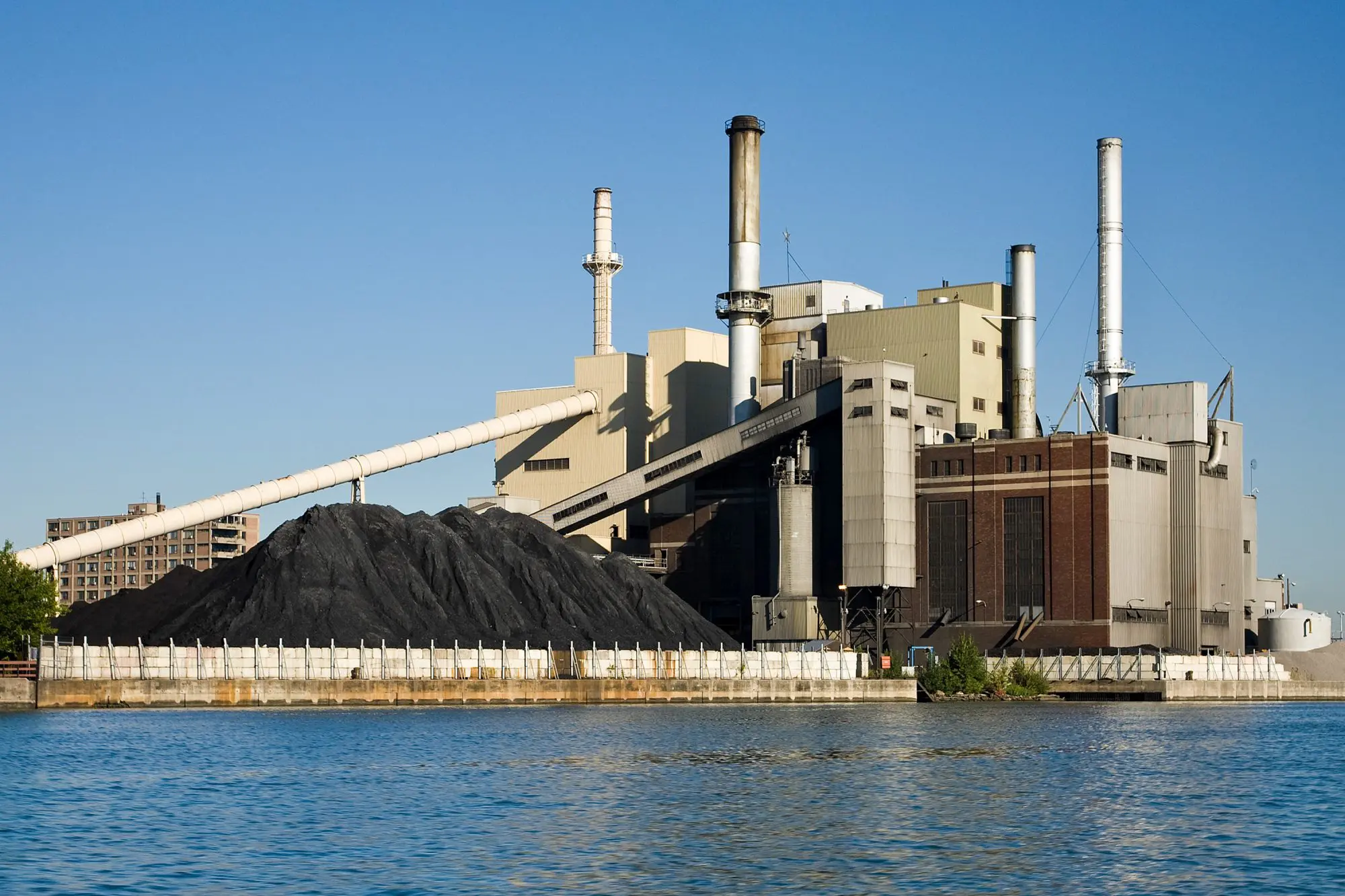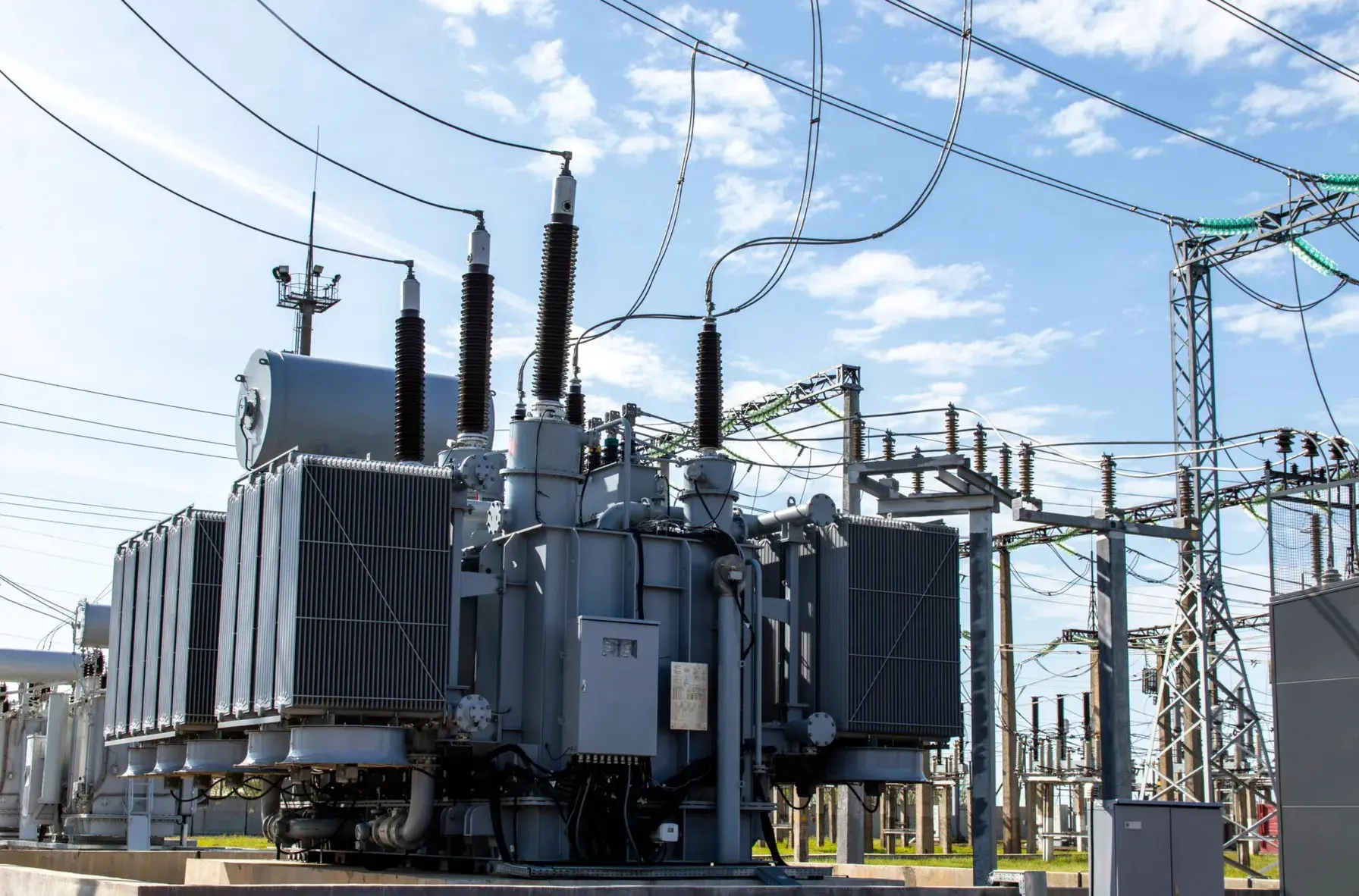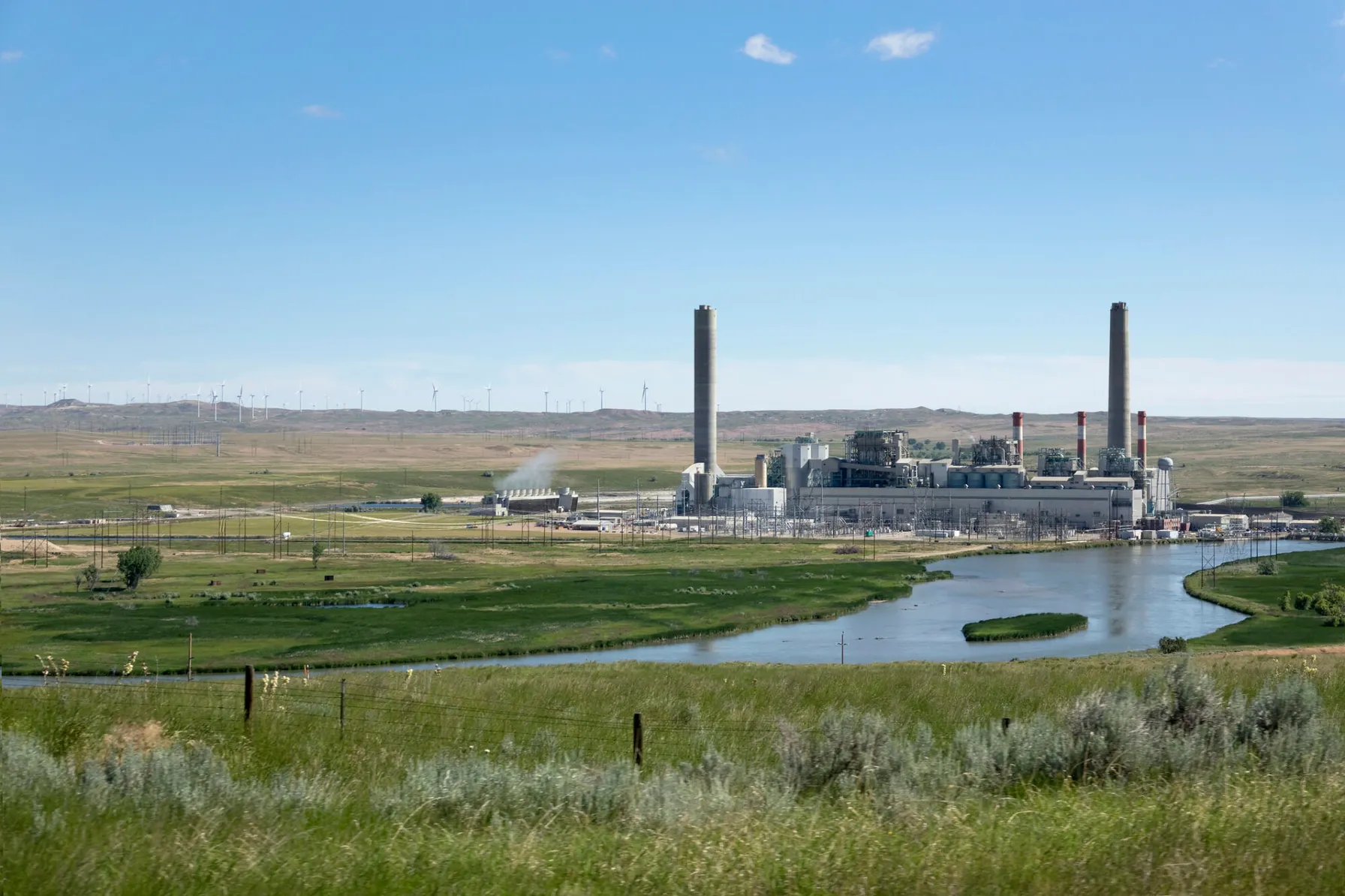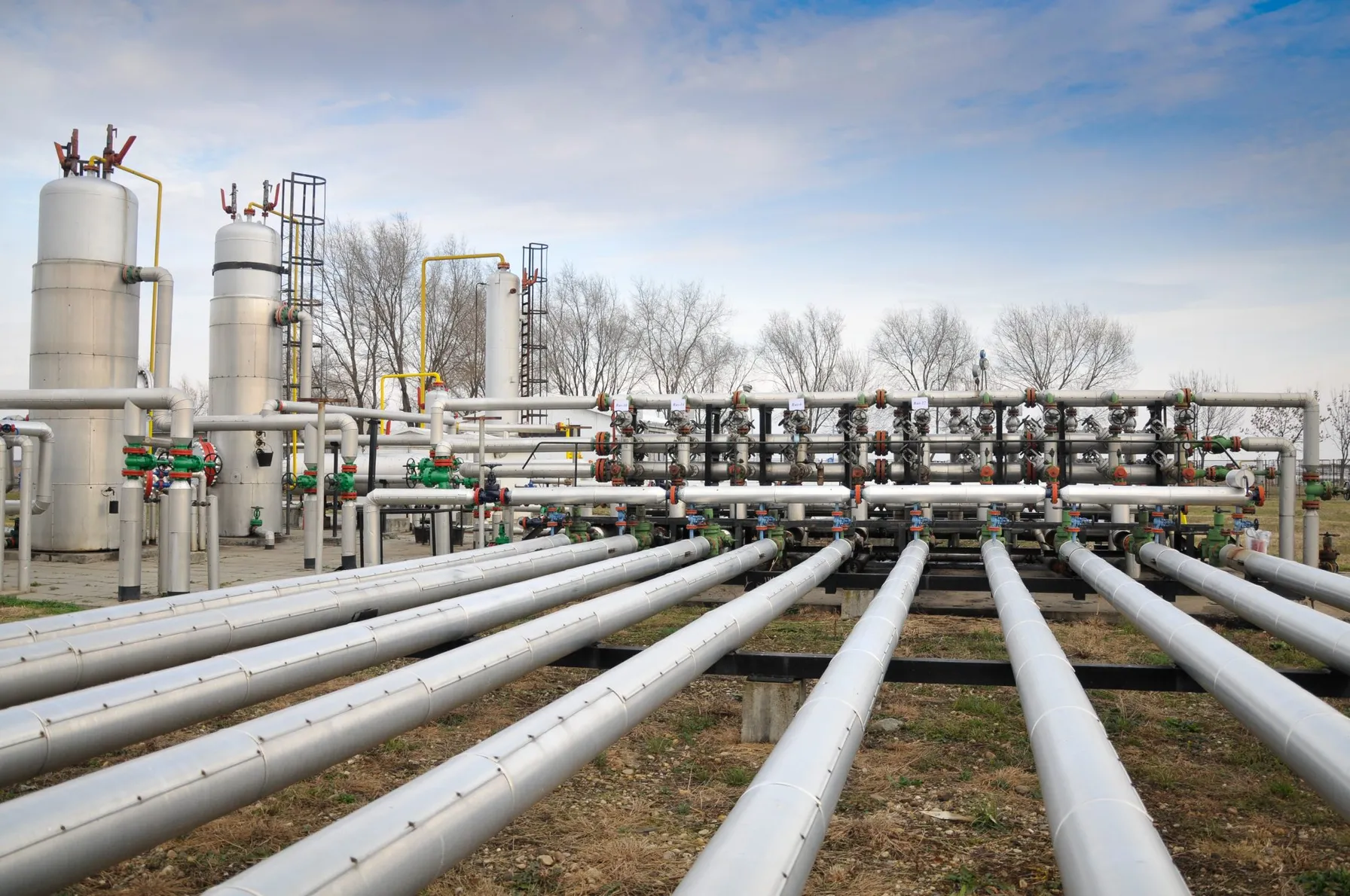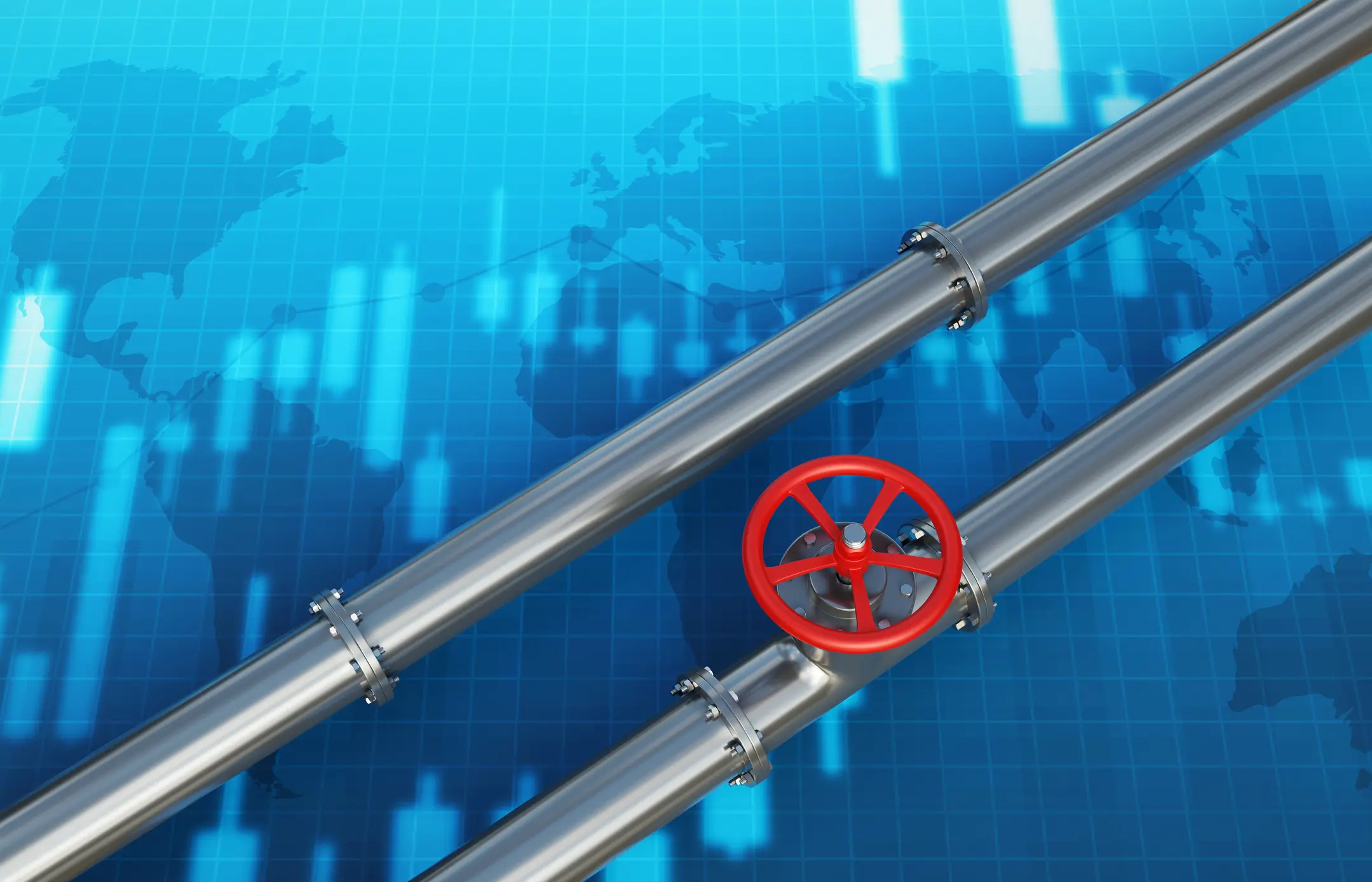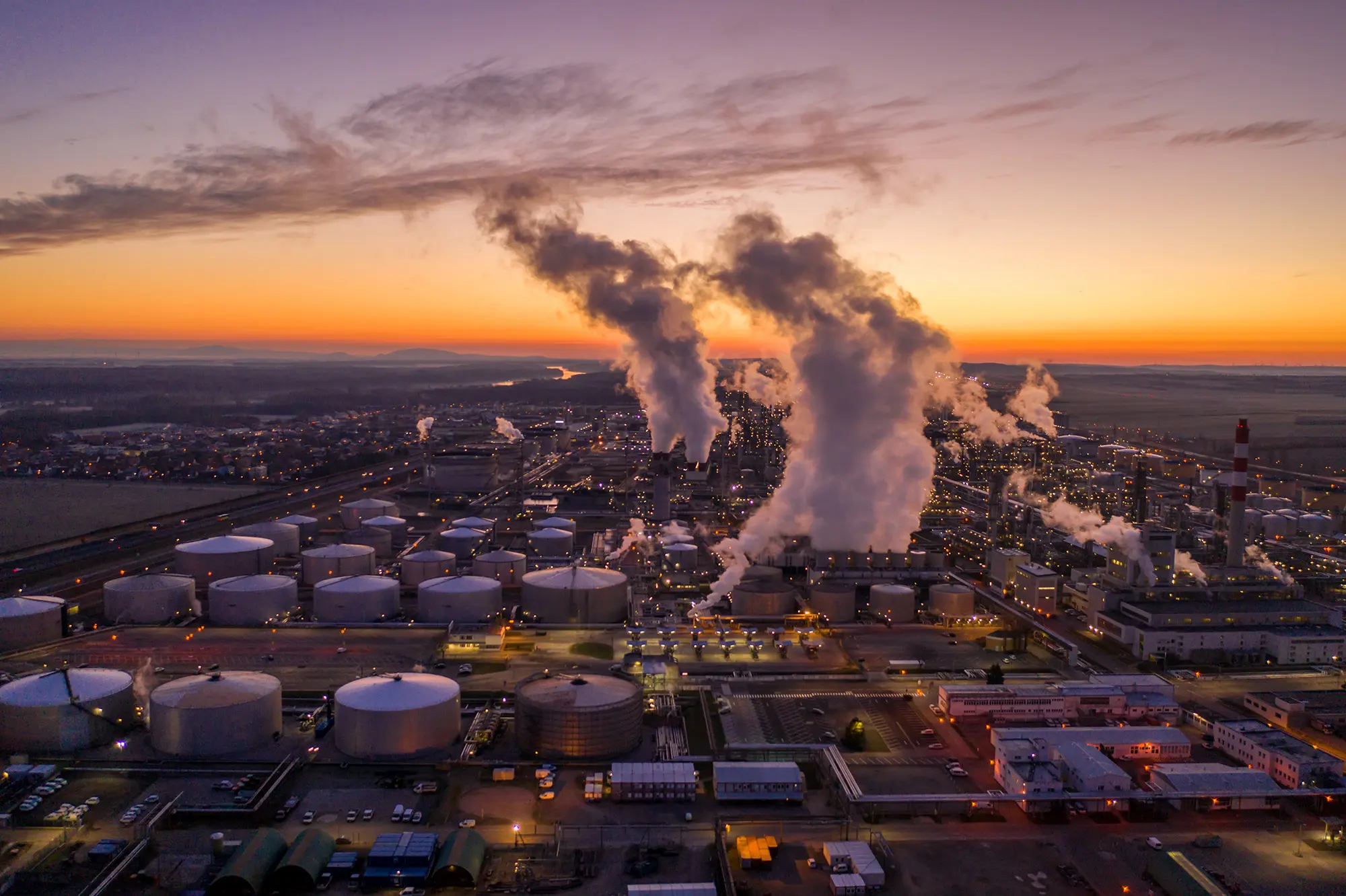This permit has been developed for hydrostatic test water discharges from crude oil and natural gas exploration, development, and production operations. This will include pipelines and intermediate storage facilities covered under a RRC or EPA permit.
The TCEQ received approval from the EPA on January 15, 2021 and is now accepting permit applications.
Historically, the Railroad Commission of Texas (RRC) has been responsible for wastewater permitting of upstream oil and gas facilities under a Memorandum of Understanding (MOU) with the Texas Commission on Environmental Quality (TCEQ). This has included such discharges as produced water, hydrostatic test water, and process wastewater from mid-stream units. In 2019 the Texas Legislature passed House Bill (HB) 2771 which requires the TCEQ to submit a request to EPA for the authority to regulate wastewater discharges into water in the state from crude oil and natural gas exploration, development, or production.
Related Services
Types of Permits Affected
In anticipation of EPA approval, the TCEQ has started work on several permits under the Texas Pollutant Discharge Elimination System (TPDES), including the following:
This permit is currently under development to authorize discharges from onshore stripper wells, coastal facilities, and territorial seas facilities. It will replace the current EPA General Permits TXG260000 and TXG330000.
This permit is currently under development to authorize discharges to the Gulf of Mexico Outer Continental Shelf between 3 miles and 10.5 miles from shore. This will be in addition to the EPA’s General Permit GMG290000 as the EPA does not delegate the authority for this area.
TCEQ is updating the TPDES Individual Permit application forms to include oil and gas discharges. Gas plants and produced water facilities that are located west of the 98th meridian will be subject to this permit.
When to Apply
For the Hydrostatic Test General Permit, upon approval of the TCEQ program, new and existing dischargers must apply for authorization, replacing the existing EPA and RRC permits.
For all other existing permits, continue to comply with the existing EPA and/or RRC permits until they expire and then apply for the new TCEQ permit before the earliest expiration date of either permit. The TCEQ permit will replace them both.
How to Get Assistance
TRC Environmental Corporation has extensive experience with TCEQ TPDES permitting, as well as EPA and RRC permitting. We are glad to provide any assistance throughout the permitting process. Please contact Bruce Daniel, PE at (713) 244-1090 or BDaniel@trccompanies.com for further information.
In addition, the TCEQ has an Oil and Gas Compliance Assistance Website which can be utilized: ( https://www.tceq.texas.gov/assistance/industry/oil-and-gas/oilgas.html ).

Sharing Our Perspectives
Our practitioners share their insights and perspectives on the trends and challenges shaping the market.
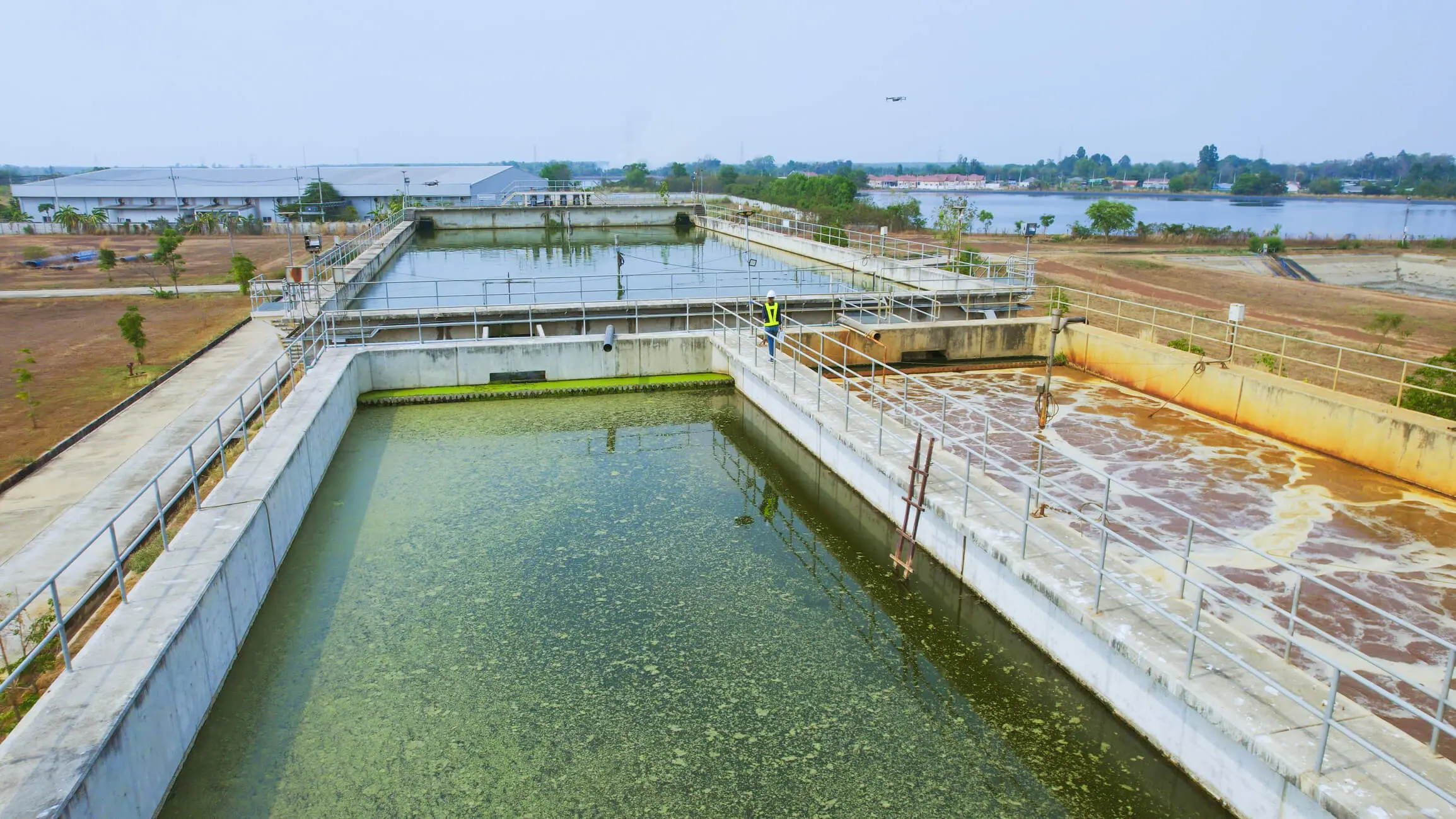
TCEQ to Assume Oil and Gas Wastewater Permitting from RRC
January 11, 2021
Historically, the Railroad Commission of Texas has been responsible for wastewater permitting of upstream oil and gas facilities under a Memorandum of Understanding with the Texas Commission on Environmental Quality.

INGAA Foundation Interview with Lauren O’Donnell
June 22, 2020
TRC’s own Lauren O’Donnell is currently the elected Chair of the INGAA Foundation. The Foundation’s primary activity is to sponsor research aimed at promoting natural gas use and safe, efficient pipeline construction and operation.
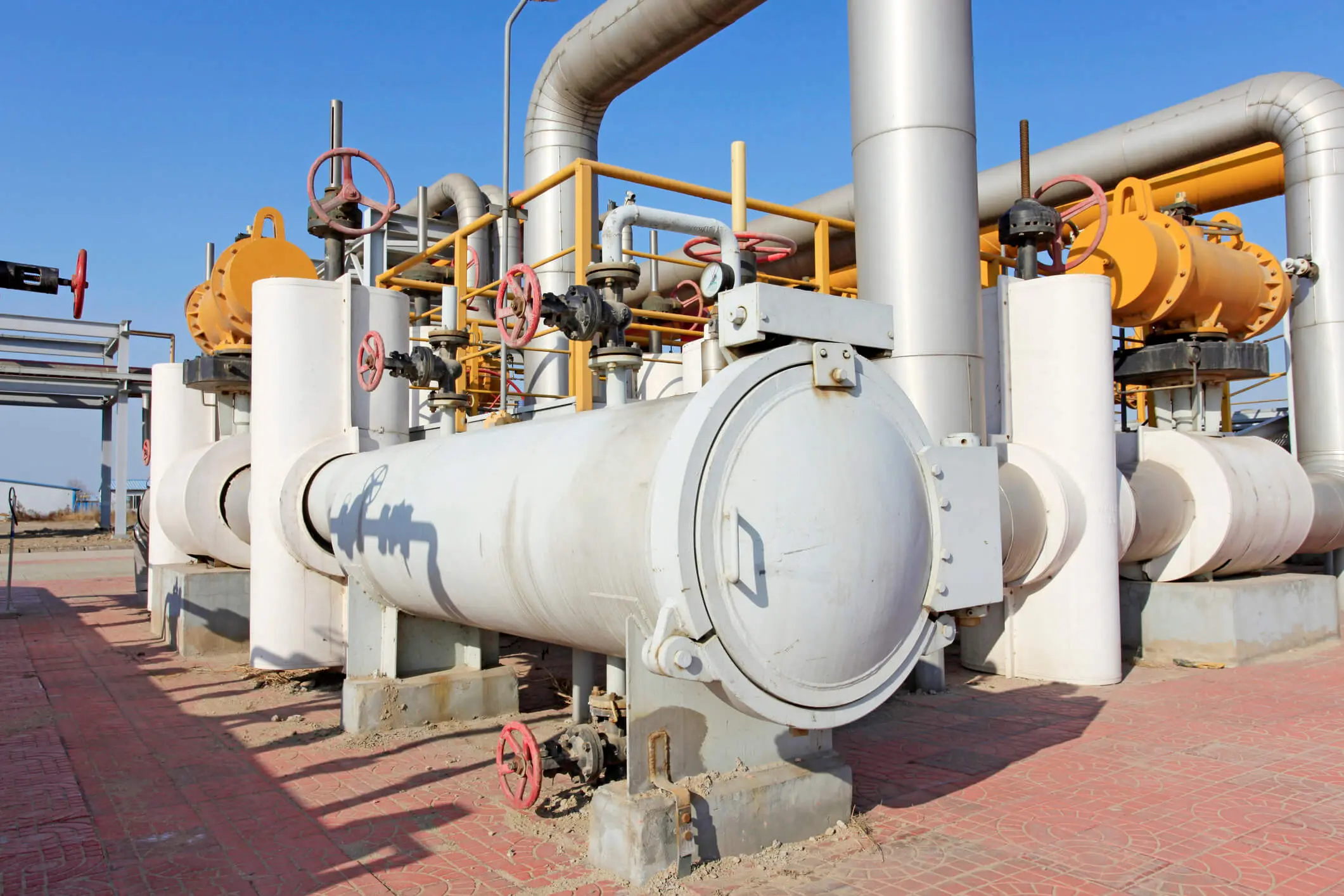
NERC Calls for New Approach to Reliability Planning Due to Gas Supply Disruption Risks
December 14, 2017
A recently published NERC report concludes that as reliance on natural gas to meet electric generation requirements increases, additional planning and operational measures must be considered to mitigate power system reliability risks.
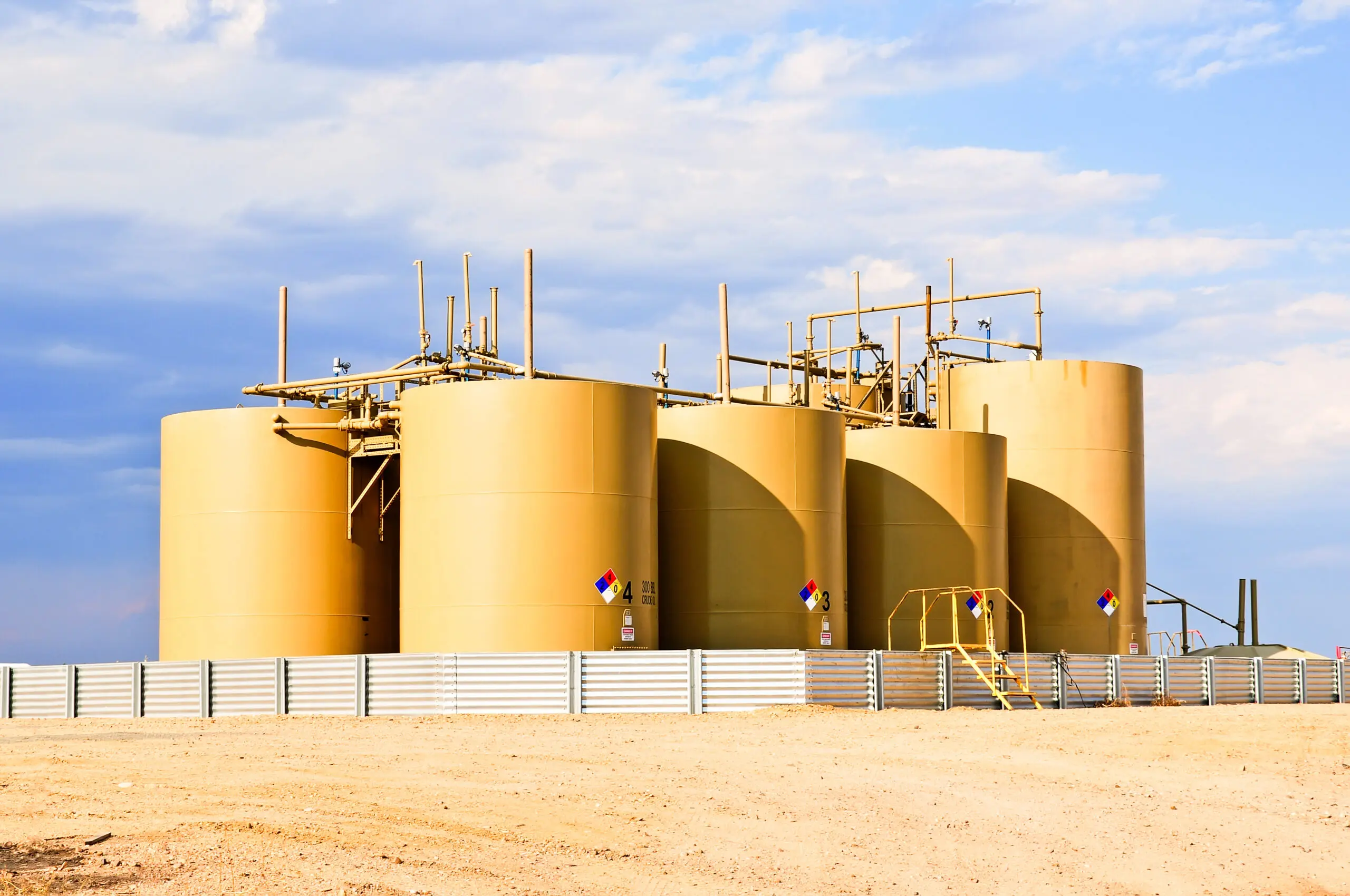
EPA Issues Regulations for Oil and Natural Gas Sector Tank Emissions
April 30, 2024
Storage Vessel or Tank Battery Operators Must Reduce Emissions by 95%.
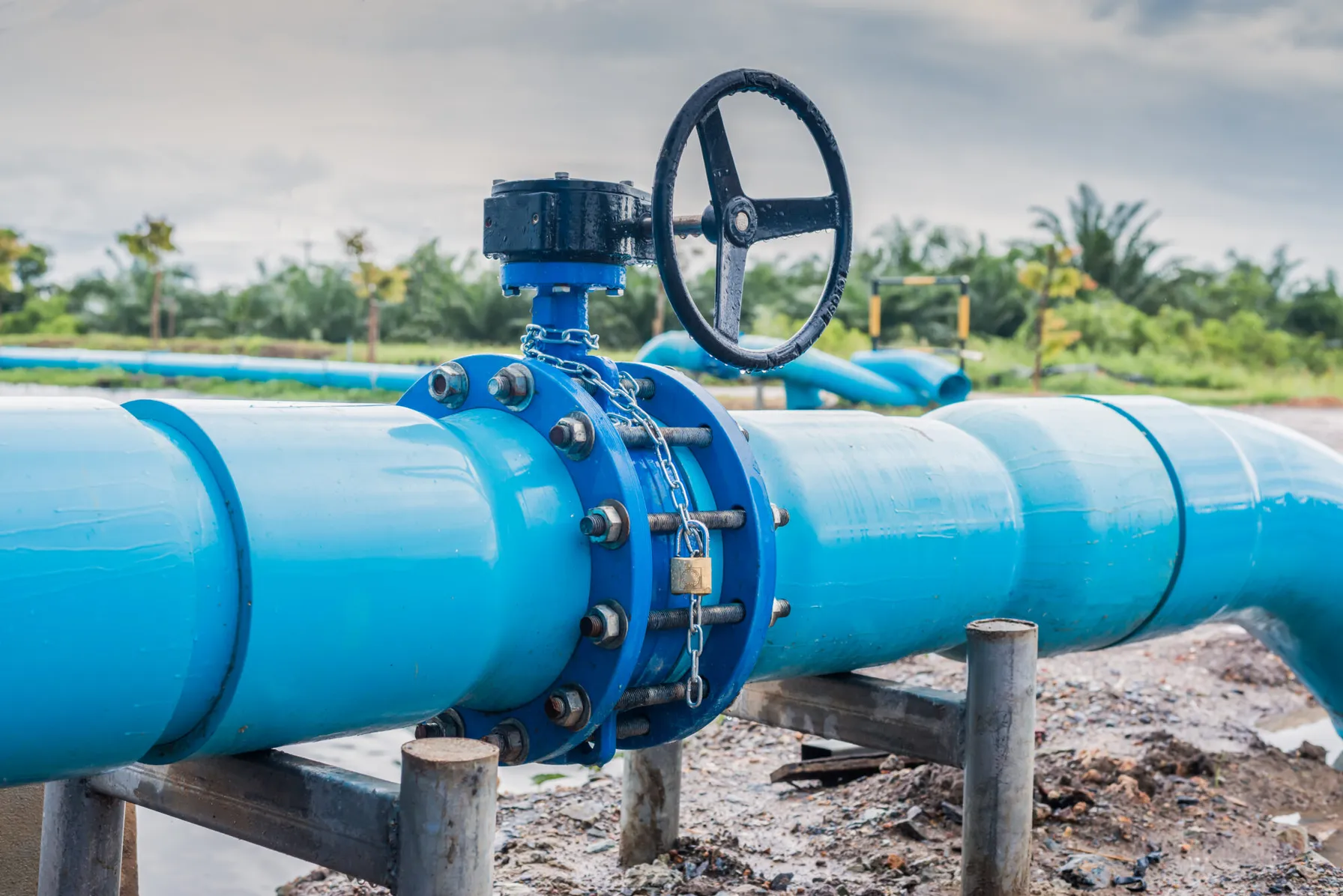
PHMSA Gas Transmission RIN2 Rule Now Effective
July 24, 2023
TRC summarizes the revised or added sections of RIN2.

EPA Proposes Regulation of Green House Gas Emissions
July 10, 2023
This article highlights the EPA’s proposed rules to regulate greenhouse gas emissions from power plants and the potential impact on new and existing fossil fuel-fired facilities.
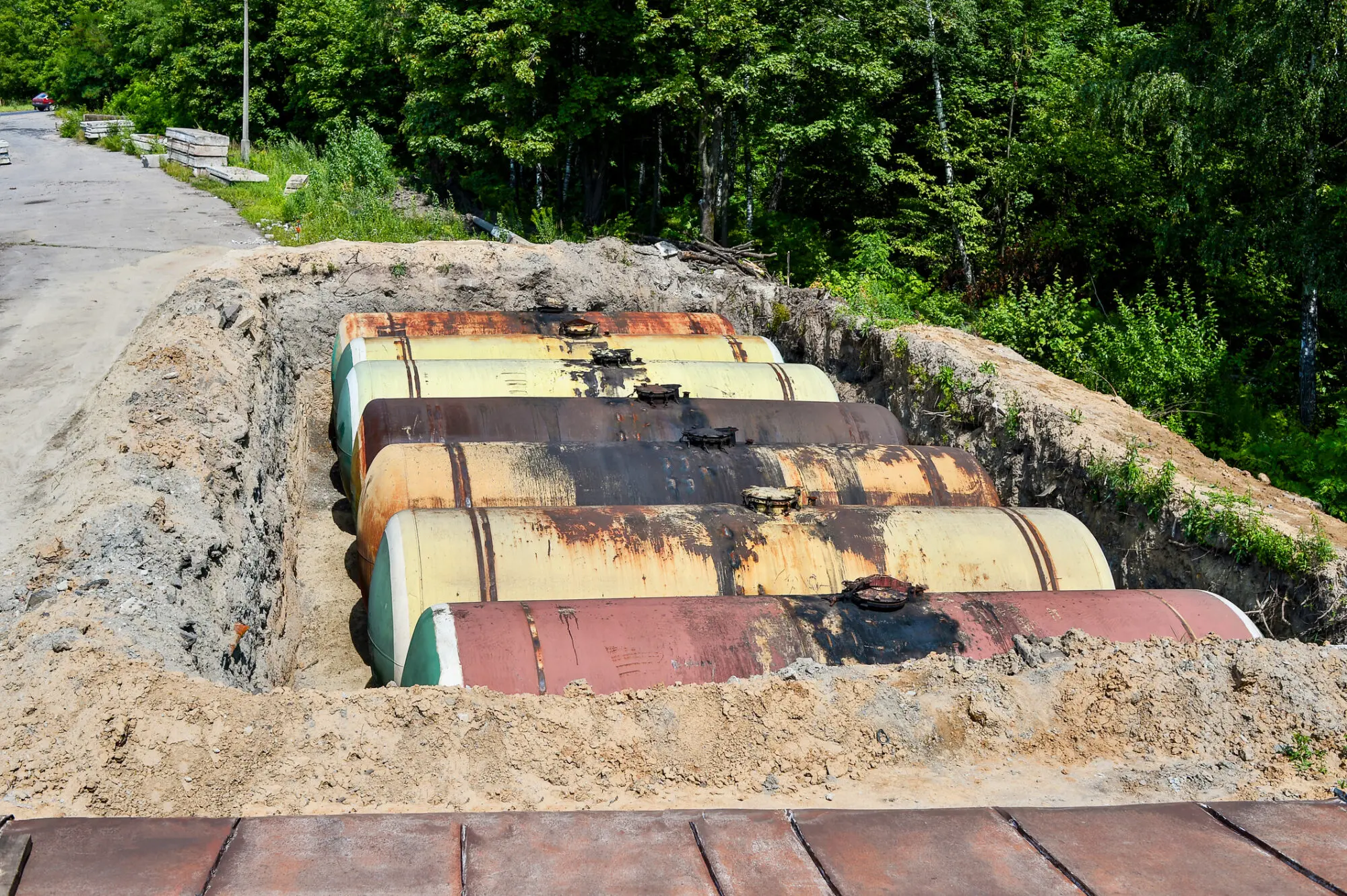
EPA Issues Clarification of Free Product Removal Requirements
June 20, 2023
EPA recently clarified requirements for LNAPL recovery and remediation.
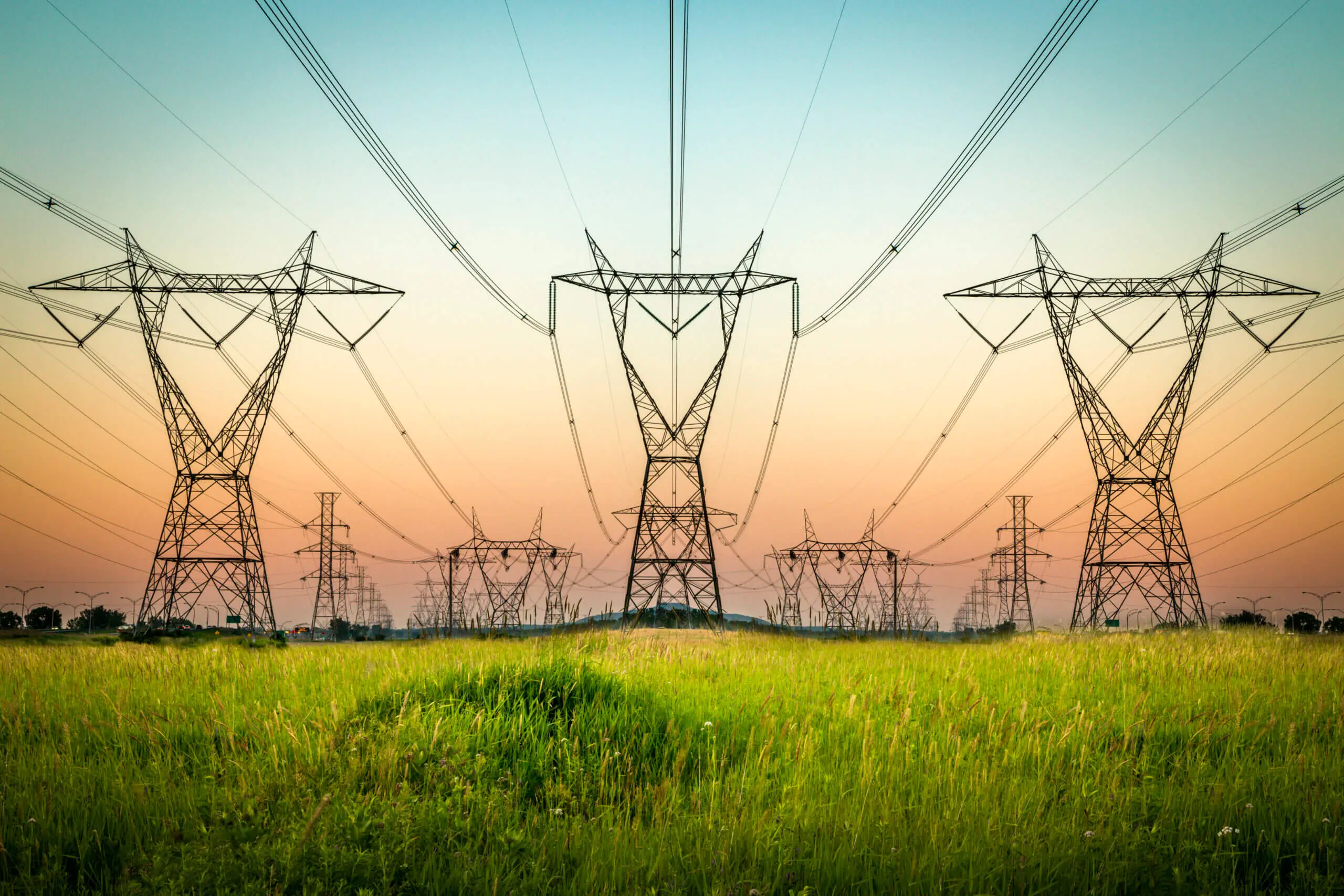
Modernize Your Field Services with GIS and Work Order Management Combined
June 15, 2023
The role of field service management continues to dominate the world economy, as the market grows at an exponential rate. The market was estimated at 3.2 billion in 2021 and is projected to reach 5.7 billion by the end of 2026.
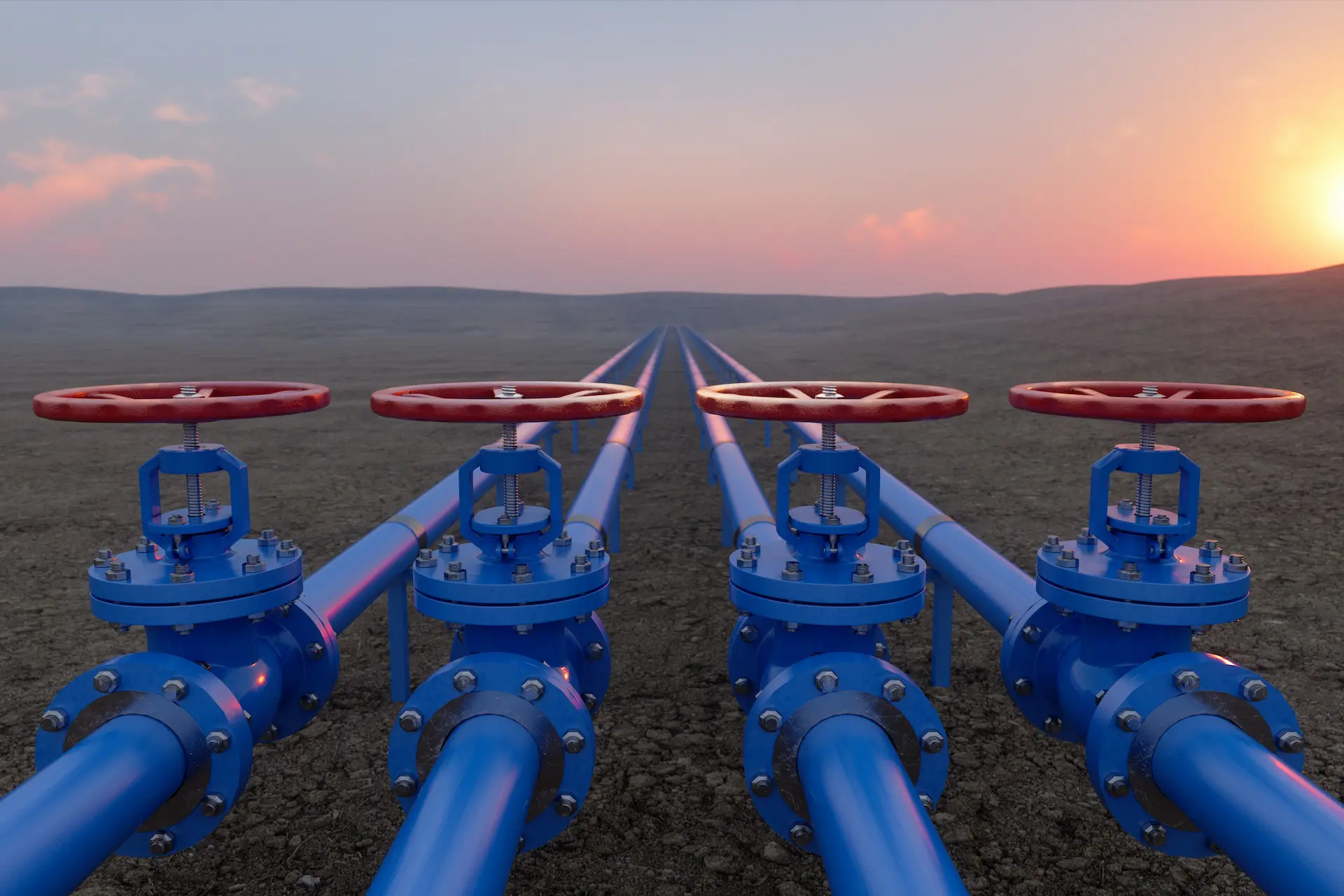
PHMSA Issues Gas Gathering Final Rule Summary & Requirements
November 30, 2021
PHMSA announced that they issued a final rule that significantly expands Federal pipeline safety oversight to all onshore gas gathering pipelines.
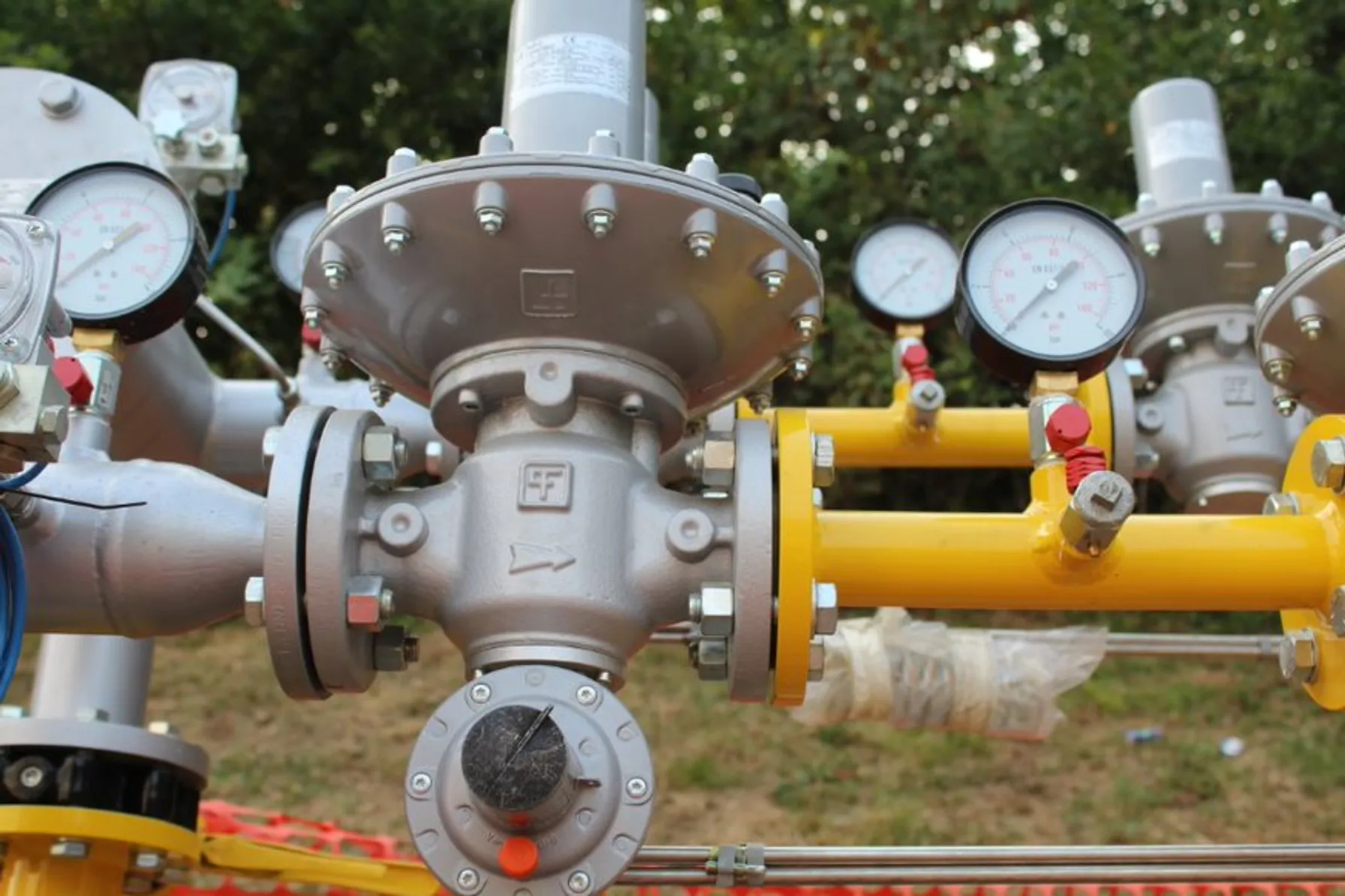
The Price of Natural Gas: Onward and Upward or Just a Temporary Blip?
November 12, 2021
Most industry experts agree that weather aside, the global energy and gas markets are likely to remain uncertain with supply and market demand becoming tighter and more challenging to forecast.

2021 EPA TRI Reporting Requirements for Natural Gas Processing Facilities
July 12, 2021
Indication EPA finalizing a rule to add natural gas extraction or processing plants to EPCRA Toxics Release Inventory (TRI) reporting.
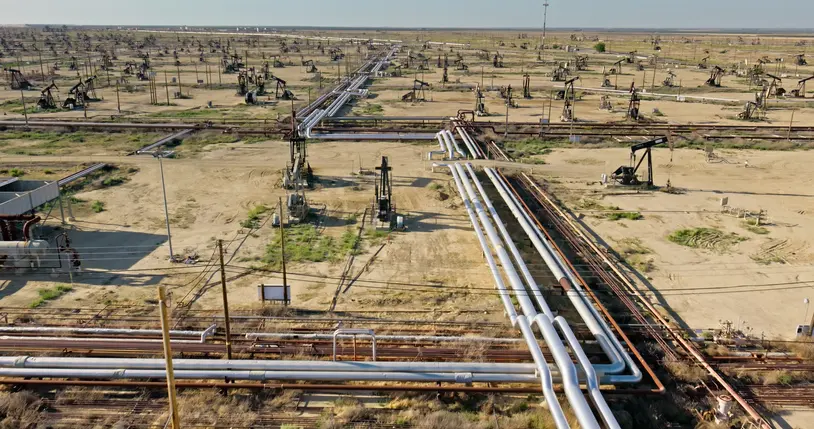
PHMSA Protecting our Infrastructure of Pipelines and Enhancing Safety (PIPES) Act of 2020
June 11, 2021
PHMSA announced it has submitted an advisory bulletin underscoring to pipeline and pipeline facility operators requirements to minimize methane emissions.
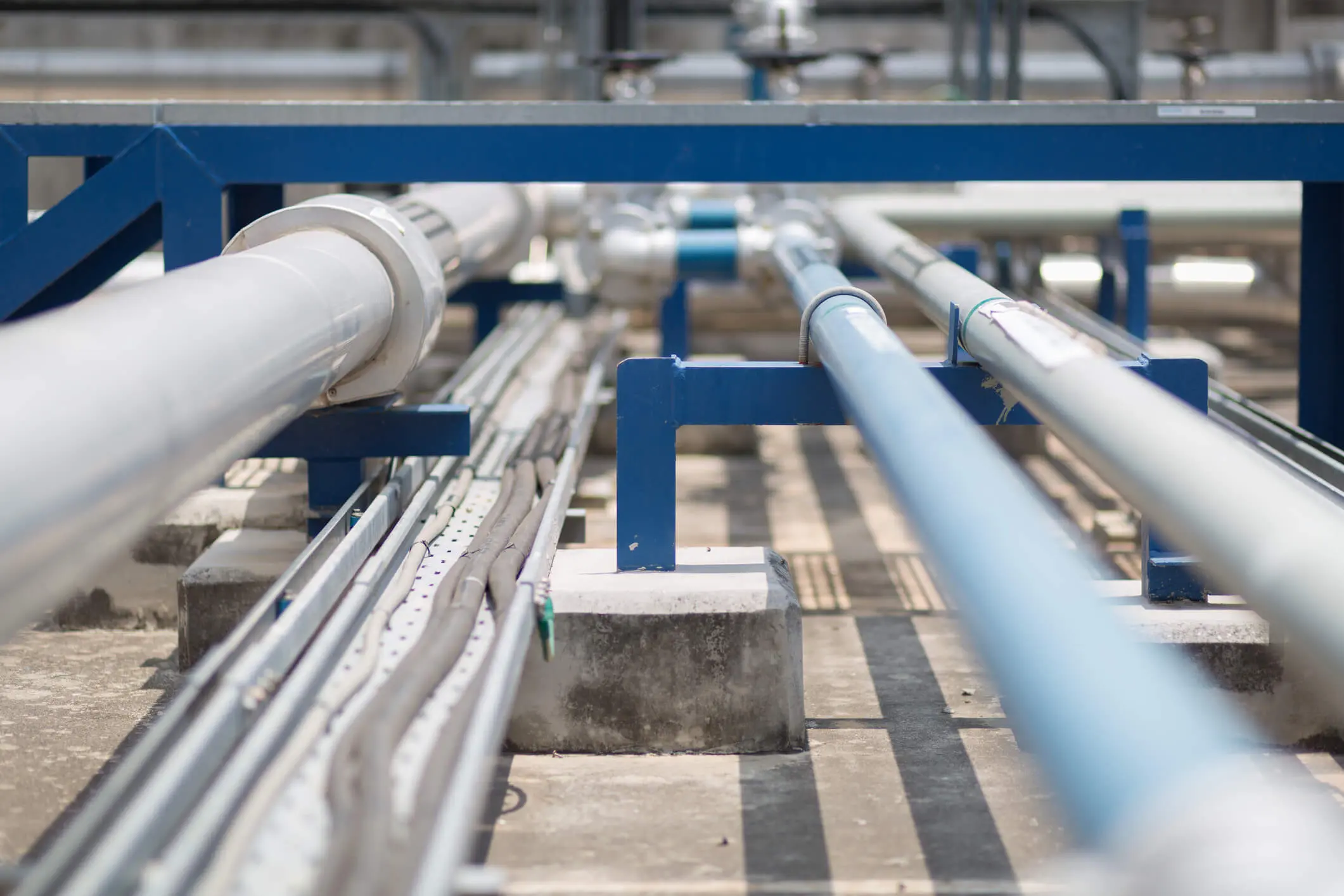
DHS Announces New Cybersecurity Requirements for Critical Pipeline Owners and Operators
June 3, 2021
The Security Directive will require critical pipeline owners and operators to report confirmed and potential cybersecurity incidents.

TCEQ to Assume Oil and Gas Wastewater Permitting from RRC
January 11, 2021
Historically, the Railroad Commission of Texas has been responsible for wastewater permitting of upstream oil and gas facilities under a Memorandum of Understanding with the Texas Commission on Environmental Quality.

INGAA Foundation Interview with Lauren O’Donnell
June 22, 2020
TRC’s own Lauren O’Donnell is currently the elected Chair of the INGAA Foundation. The Foundation’s primary activity is to sponsor research aimed at promoting natural gas use and safe, efficient pipeline construction and operation.

NERC Calls for New Approach to Reliability Planning Due to Gas Supply Disruption Risks
December 14, 2017
A recently published NERC report concludes that as reliance on natural gas to meet electric generation requirements increases, additional planning and operational measures must be considered to mitigate power system reliability risks.

EPA Issues Regulations for Oil and Natural Gas Sector Tank Emissions
April 30, 2024
Storage Vessel or Tank Battery Operators Must Reduce Emissions by 95%.

PHMSA Gas Transmission RIN2 Rule Now Effective
July 24, 2023
TRC summarizes the revised or added sections of RIN2.

EPA Proposes Regulation of Green House Gas Emissions
July 10, 2023
This article highlights the EPA’s proposed rules to regulate greenhouse gas emissions from power plants and the potential impact on new and existing fossil fuel-fired facilities.

EPA Issues Clarification of Free Product Removal Requirements
June 20, 2023
EPA recently clarified requirements for LNAPL recovery and remediation.

Modernize Your Field Services with GIS and Work Order Management Combined
June 15, 2023
The role of field service management continues to dominate the world economy, as the market grows at an exponential rate. The market was estimated at 3.2 billion in 2021 and is projected to reach 5.7 billion by the end of 2026.

PHMSA Issues Gas Gathering Final Rule Summary & Requirements
November 30, 2021
PHMSA announced that they issued a final rule that significantly expands Federal pipeline safety oversight to all onshore gas gathering pipelines.

The Price of Natural Gas: Onward and Upward or Just a Temporary Blip?
November 12, 2021
Most industry experts agree that weather aside, the global energy and gas markets are likely to remain uncertain with supply and market demand becoming tighter and more challenging to forecast.

2021 EPA TRI Reporting Requirements for Natural Gas Processing Facilities
July 12, 2021
Indication EPA finalizing a rule to add natural gas extraction or processing plants to EPCRA Toxics Release Inventory (TRI) reporting.

PHMSA Protecting our Infrastructure of Pipelines and Enhancing Safety (PIPES) Act of 2020
June 11, 2021
PHMSA announced it has submitted an advisory bulletin underscoring to pipeline and pipeline facility operators requirements to minimize methane emissions.

DHS Announces New Cybersecurity Requirements for Critical Pipeline Owners and Operators
June 3, 2021
The Security Directive will require critical pipeline owners and operators to report confirmed and potential cybersecurity incidents.

TCEQ to Assume Oil and Gas Wastewater Permitting from RRC
January 11, 2021
Historically, the Railroad Commission of Texas has been responsible for wastewater permitting of upstream oil and gas facilities under a Memorandum of Understanding with the Texas Commission on Environmental Quality.

INGAA Foundation Interview with Lauren O’Donnell
June 22, 2020
TRC’s own Lauren O’Donnell is currently the elected Chair of the INGAA Foundation. The Foundation’s primary activity is to sponsor research aimed at promoting natural gas use and safe, efficient pipeline construction and operation.

NERC Calls for New Approach to Reliability Planning Due to Gas Supply Disruption Risks
December 14, 2017
A recently published NERC report concludes that as reliance on natural gas to meet electric generation requirements increases, additional planning and operational measures must be considered to mitigate power system reliability risks.





